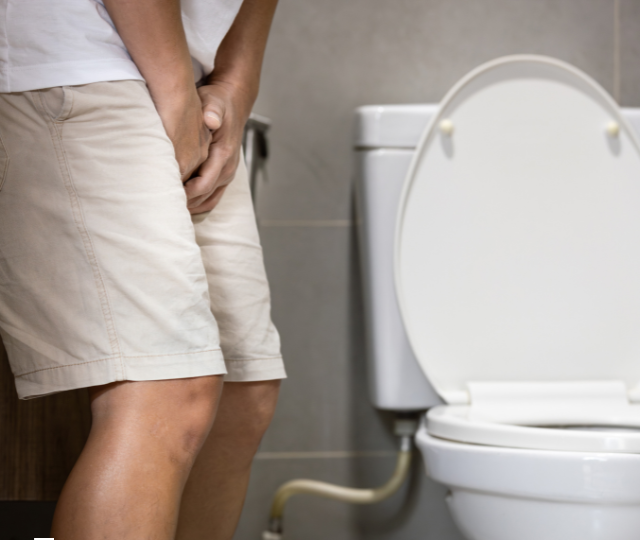Overactive bladder and inability to empty overview
Feeling like you have urinate (pee) often—more than 5–7 times a day and/or at night, or more than once every two hours—can not only be frustrating, but can affect your daily activities. Not being able to pee can be equally concerning and in rare cases can affect your kidney function.
Both can be symptoms of medical conditions, medication and/or age, among other reasons.
The following are some common reasons you may be peeing too much or having difficulty peeing.














